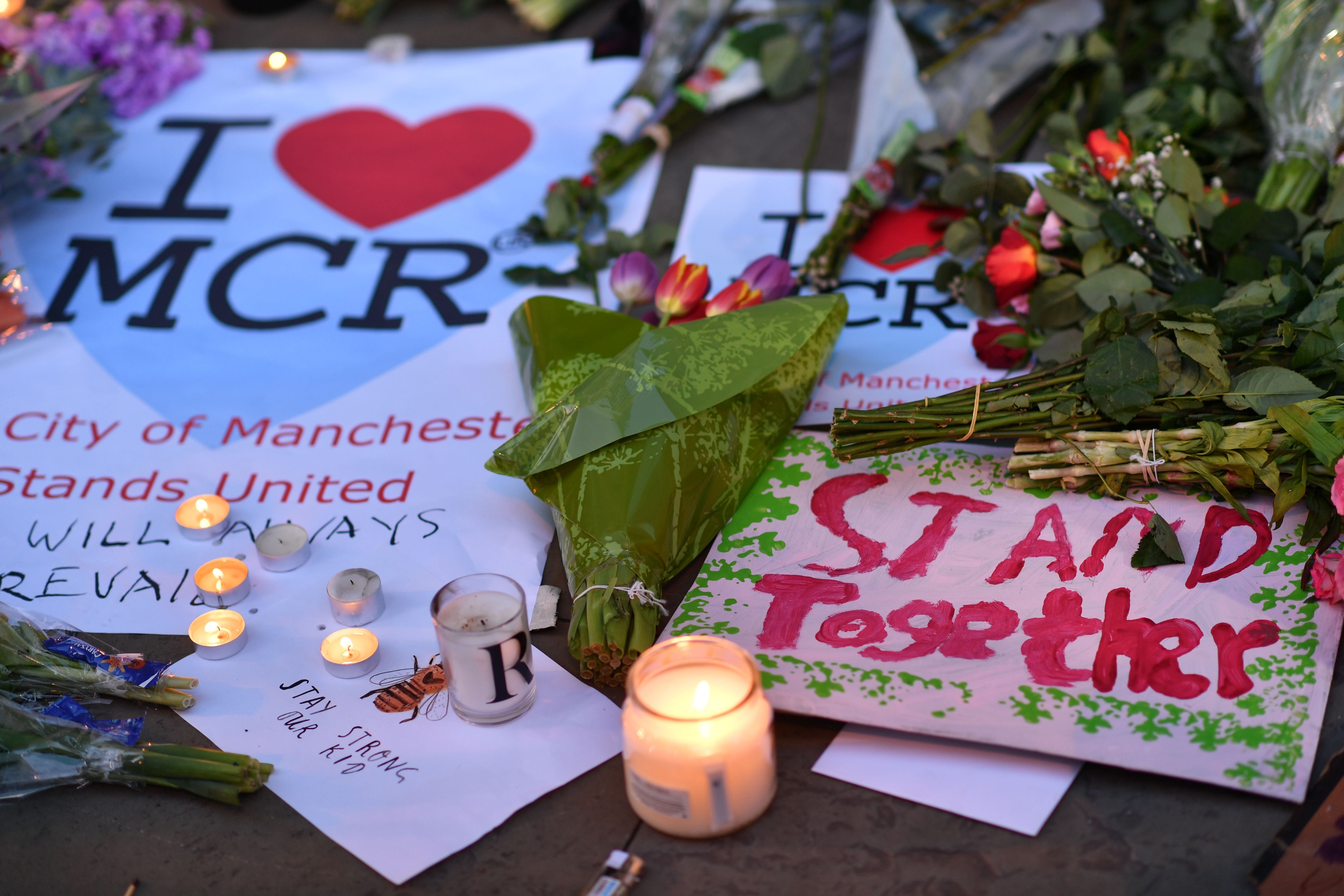Terror offender accused of ‘grooming’ Manchester Arena bomber will refuse to answer inquiry questions
Abdalraouf Abdallah’s lawyers say he is asserting ‘privilege against self-incrimination’

Your support helps us to tell the story
From reproductive rights to climate change to Big Tech, The Independent is on the ground when the story is developing. Whether it's investigating the financials of Elon Musk's pro-Trump PAC or producing our latest documentary, 'The A Word', which shines a light on the American women fighting for reproductive rights, we know how important it is to parse out the facts from the messaging.
At such a critical moment in US history, we need reporters on the ground. Your donation allows us to keep sending journalists to speak to both sides of the story.
The Independent is trusted by Americans across the entire political spectrum. And unlike many other quality news outlets, we choose not to lock Americans out of our reporting and analysis with paywalls. We believe quality journalism should be available to everyone, paid for by those who can afford it.
Your support makes all the difference.A terror convict who allegedly “groomed” the Manchester Arena bomber will refuse to ask questions if he is ordered to give evidence at the public inquiry into the attack.
Abdalraouf Abdallah, 28, has not answered questions from the inquiry’s legal team from prison, where he is serving a sentence for helping Isis fighters travel to Syria.
Chair Sir John Saunders is to make a ruling on whether he will be legally compelled to attend a hearing to give evidence next Wednesday.
Rajiv Menon QC, representing Abdallah, said that if the order was made he “will not be answering questions, on legal advice”.
Addressing a hearing on Thursday, Mr Menon added: “If he’s compelled to attend either in person or by [video link] it will serve no useful purpose, will merely dehumanise and humiliate him, and will frustrate everyone else present who’s wanting him to answer the questions.”
The barrister cited Abdallah’s privilege against self-incrimination, calling it a “fundamental right in democratic society”.
Abdallah’s representatives also argue that it would be unreasonable to compel him to give evidence, because it would violate his human rights.
The inquiry heard that Abdallah was diagnosed with post-traumatic stress disorder after fighting in Libya, and that he had self-harmed repeatedly in prison.
A psychiatrist instructed by his legal team found he was unfit to give evidence and that making him could risk further self-harm and suicide attempts.
Paul Greaney QC, counsel to the inquiry, said Abdallah has knowledge of a “high degree of potential relevance to give in relation to the radicalisation of Salman Abedi and the planning and preparation for the arena attack”.
“He was in contact with Salman Abedi, both in person and electronically , from 2014,” he added.
“Moreover, he is regarded by Dr Matthew Wilkinson, the inquiry’s instructed expert on radicalisation, as responsible for, as he puts it, grooming Salman Abedi into the violent Islamist extremist worldview.”
The inquiry previously heard that Abdallah, whose parents were also Libyan refugees, lived in the same area of Manchester as Abedi, attended the same school and shared many associates.
He was paralysed while fighting against Muammar Gaddafi’s forces in the Libyan civil war and was jailed in 2016 for helping Isis fighters travel to Syria.
Mr Greaney said Abedi and Abdallah were in “regular telephone contact” from 2014 onwards, and had “conversed about martyrdom”.
Abedi travelled to HMP Belmarsh in London to visit Abdallah while he was being held on remand in 2015, then visited him in Liverpool’s HMP Altcourse in January 2017.
The following month, officers at the private G4S-run jail found that Abdallah had an illicit mobile phone in his cell, which showed calls to Abedi’s number.
Abdallah, who denies grooming Abedi or any involvement in the Arena attack, was released from jail last November on licence before being recalled in January - reportedly over a breach of a general condition requiring good behaviour.
Mr Menon said findings that Abdallah groomed Abedi and was “effectively a co-conspirator” in the bombing was a “preposterous suggestion speculated at best without any proper evidential foundation”.
The barrister said counter-terrorism police interviewed his client under caution as a suspect in the arena attack and that last year, he was asked “similar if not identical questions” in prison by inquiry officials.
Mr Menon said: “In those circumstances he felt, and we say justifiably so, that he was being treated as a suspect both by the police and the inquiry.”
Sir John Saunders said he would make a ruling on whether to compel Abdallah to attend next Wednesday’s hearing as soon as possible, and the inquiry was adjourned until Tuesday.
Additional reporting by PA


